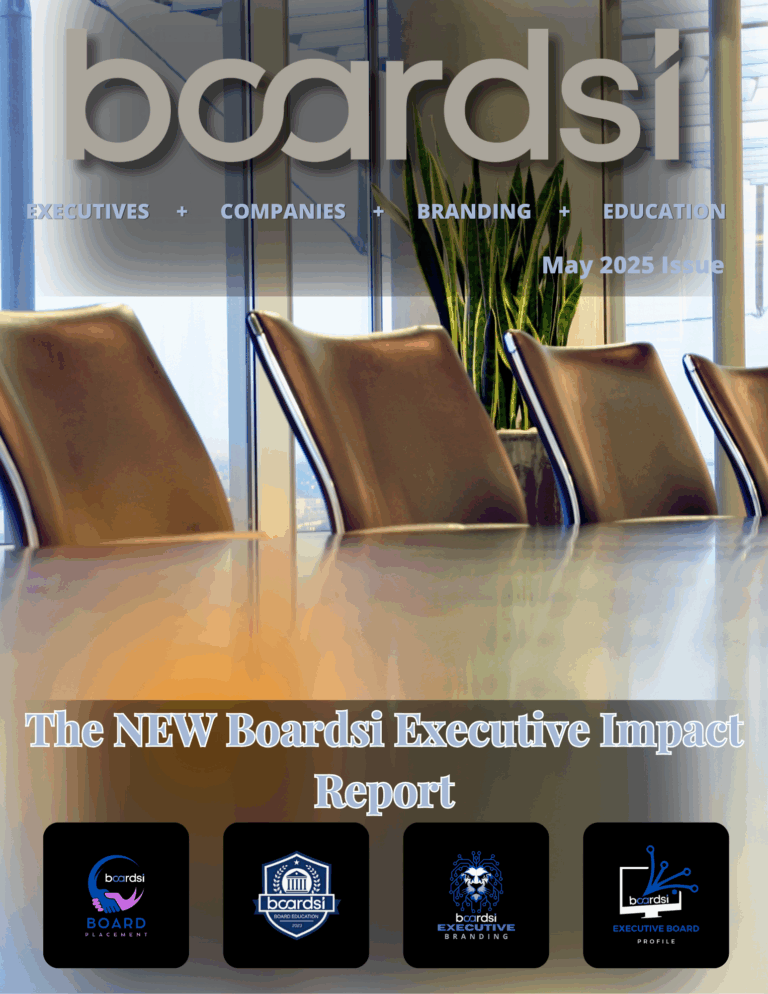In physics, the theory of quantum mechanics has fundamentally altered our comprehension of the universe by demonstrating that particles can coexist in multiple distinct states at the same time. Leaders must also embrace this duality to succeed in today’s fast-paced and constantly changing business scene. The quantum leadership paradigm explores five ways to do this .
1. Embrace stability while remaining open to disruption: In the same way that particles might be in a state of flux, leaders need to balance maintaining their core business and remaining open to industry disruptions. This entails preserving conventional ways to conduct business while also promoting an innovative frame of mind.
2. Use intuition with data to make decisions: In this era of big data, leaders have access to a plethora of information at their fingertips. However, a quantum leader is able to discern when to rely on facts and when to trust their gut. This is because they are aware that numbers convey a narrative, but not the entire story.
3. Autonomy and guidance: Quantum leaders delegate authority to their teams by granting them independence and placing faith in their knowledge. At the same time, they offer a distinct course of action and purpose, ensuring that individual efforts are in line with the organization’s overarching vision.
4. Have a global mindset while being sensitive to local concerns: A global mindset is necessary in this interconnected world. Quantum leaders do, however, appreciate the idiosyncrasies of the local culture, which helps them craft solutions that are applicable locally and internationally.
5. Profitability and purpose: Quantum leaders understand the significance of purpose-driven leadership, despite the fact that maximizing profitability is a firm’s primary focus. They are aware that companies can serve a purpose other than generating profits, thereby creating shareholder and societal value.
The quantum leadership paradigm is not about picking one reality over another; rather, it is about being able to successfully navigate and thrive in both realities at the same time. In a world characterized by constant change, leaders who are able to accept this dichotomy will be better positioned to guide their organizations toward sustained success.
Source: Inc.









